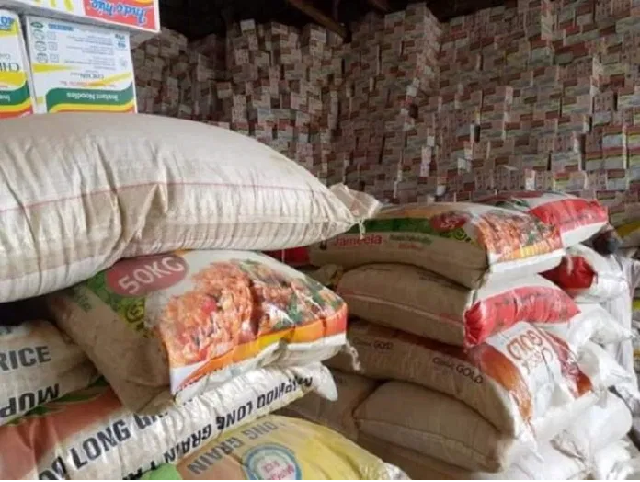The National Bureau of Statistics has reported that the prices of most food items shot up in November, despite income remaining low and threatened by inflation, placing households in difficult living conditions.
In its Selected Food Prices Watch for November 2020, the bureau reported that selected food price watch data in November reflected that the average price of a dozen of agric eggs, medium size, increased year-on-year by 6.64 percent.
It stated the price of the product also rose month-on-month by 1.42 percent to N494.72 in November from N487.81 in October.
READ ALSO: National Assembly Passes 2021 Budget, Adds N505bn
The bureau stated that the average price of a piece of agric egg, medium size, (price of one) rose year-on-year by 8.68 percent and month-on-month by 2.36 percent to N44.75 in November from N43.72 in October.
It further stated that the average price of 1kg of tomato surged year-on-year by 25.86 percent.
Also, the NBS recorded 2.77 percent increase in the price of 1kg of tomato month-on-month hitting N316.16 in November from N307.63 in October.
For rice, it said the average price of 1kg of rice (imported high quality sold loose) increased year-on-year by 23.46 per cent and month-on-month by 3.71 per cent to N549.98 in November from N530.32 in October.
“Similarly, the average price of 1kg of yam tuber increased year-on-year by 16.26 per cent and decreased month-on-month by -2.72 per cent to N236.25 in November from N242.87 in October,” the bureau stated.
Also, in its COVID-19 Impact Monitoring report for October, the bureau stated that while the share of respondents who were working remained stable in October at 87 per cent, findings provided further evidence that income remained precarious for many households.
It stated that of the 84 per cent of households that operated a non-farm enterprise at any point in 2020, about 22 per cent were not operating their businesses in October.
The bureau therefore noted that if household income continued to be precarious, this might limit the investments which households would be able to make in education and health services for their members, even if schools fully reopened and the government supported more testing and vaccination.












